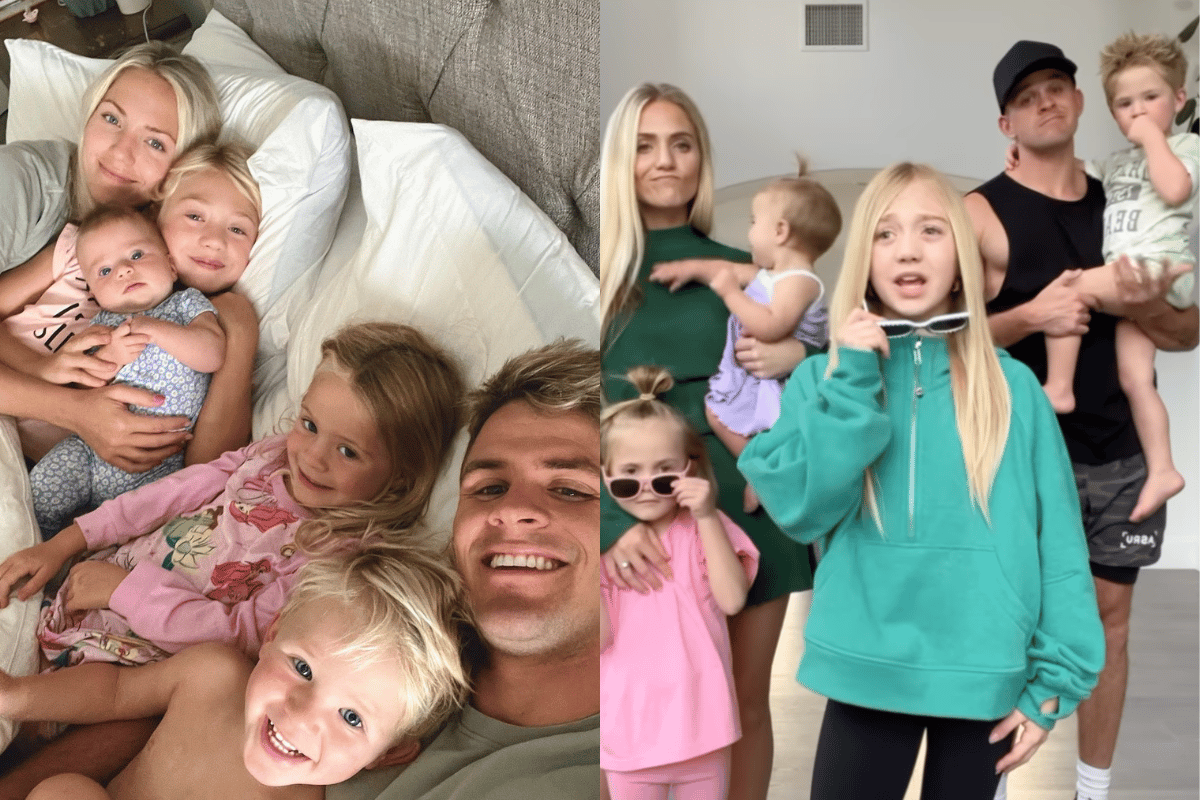
Since the mid-2000s and the beginning of social media, adoring parents have been posting and sharing photos of their kids online. From birth through to high school graduation, this generation of kids are the first to have had every milestone recorded, shared, and commented on.
For most parents, happy snaps of their kids are shared to just family and friends. But for others, 'sharenting' or sharing photos and clips of their kids has become their job. Their brand. Their income.
The devout Christian LaBrant family in the US have over 13 million subscribers to their YouTube channel, 18 million followers across their Instagram accounts, and a similar amount on TikTok. Cole and Savannah LaBrant have monetised content of themselves and their four beautiful kids for years and their estimated net worth is in the many millions of dollars.
But families like the LaBrants may soon lose their income stream, as France seeks to become the first country to ban parents from sharing photos of their kids on social media.
Politicians from president Emmanuel Macron's party have put forward a bill that aims to protect kids' privacy.
"On average, children have 1,300 photos of themselves circulating on social media platforms before the age of 13, before they are even allowed to have an account," French MP Bruno Studer, who has made a career out of child safety online, said.
Watch: How 'Proud Parent Syndrome' affects your child's safety online. Post continues below.

Top Comments